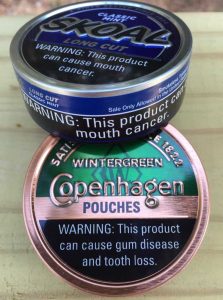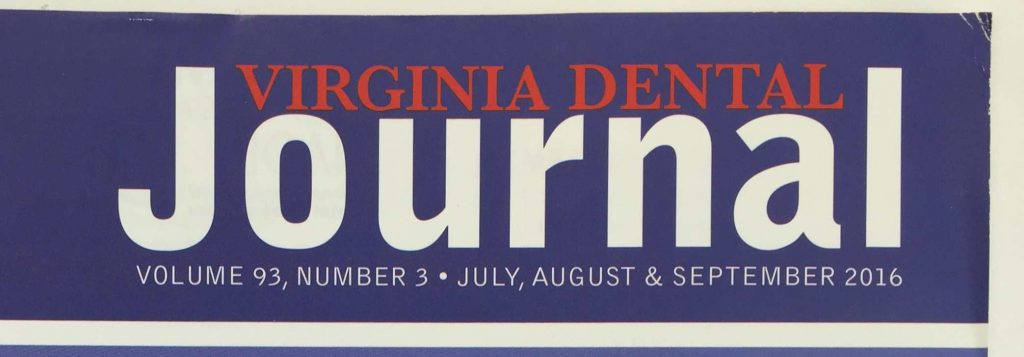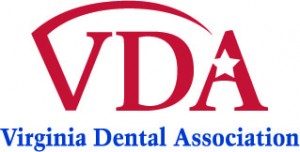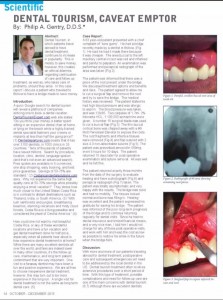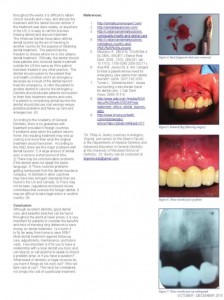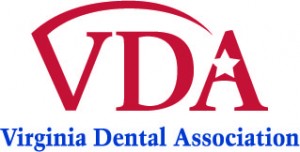Smokeless Tobacco Effects on Dental Health- Please Quit
With cigarette smoking becoming socially unacceptable and prohibited in many areas, some, especially high school boys, are using smokeless tobacco. Smokeless tobacco includes chew, spit, dip, snuff, snus, and any dissolvable tobacco product. Many people believe these products are safer than smoking. This is not true! With the tobacco in contact with your gums for long periods of time, you will become addicted and dangerous consequences will occur. Nicotine in tobacco is what causes the addiction. One small can of chewing tobacco contains 144 milligrams of nicotine, which is equivalent to 80 cigarettes.
Chewing tobacco will cause the following to your mouth:
- Stained teeth- Your teeth will look ugly.
- Bad breath- Your mouth will stink.
- Tooth decay- Tobacco juice and added sugars for flavor cause cavities.
- Loss of taste and smell- Can’t enjoy food.
- Gum recession and gum disease- Gums loss and teeth will fall out.
- Leukoplakia- Premalignant white patches on gums that can lead to cancer.
- Cancer- Tobacco contains 28 cancer causing chemicals.
If you use any type of tobacco you need to stop immediately! Smoking 1 cigarette causes 1.8 milligrams of nicotine to be absorbed into the blood, while a pinch of chewing tobacco allows 3.6 to 4.5 milligrams of nicotine to enter the bloodstream. Nicotine is highly addictive. Upon entering the bloodstream, it immediately stimulates the adrenal glands to release epinephrine, which stimulates the brain to increase blood pressure, respiration, and heart rate, giving the user a “kick”. Nicotine, just like heroin and cocaine, also increases the levels of the neurotransmitter, dopamine, which control the brain’s reward and pleasure pathways. Although there is more nicotine in chewing tobacco, research has shown the withdrawal symptoms are equivalent. Nicotine is toxic and is actually the tobacco plants natural insecticide against being eaten by insects. For centuries gardeners have used a home-made mixture of tobacco and water to kill insects.
In order to stop, you need to set up a Quit Date and come up with a Quitting Plan! In my opinion, the best way is to decide you really want to quit. Get psyched up and do it! Quit “cold turkey” or try slowly cutting back by using less and less each time and switch to a product containing less nicotine. Substitute sugar free gum or sunflower seeds. Surround yourself with a support group of people who do not use tobacco. Visit your dentist and get your teeth cleaned so your mouth feels fresh and clean. Exercise and keep busy.
Quitting will be difficult. Nicotine is about as addictive as heroin and crack cocaine, and more addictive than crystal meth, alcohol, and cocaine. You have become physically and emotionally addicted and quitting causes unpleasant withdrawal symptoms. These include:
- dizziness
- depression
- anxiety
- feelings of frustration
- impatience and anger
- irritability
- trouble sleeping
- difficulty concentrating
- restlessness, headaches, tiredness
- increased appetite, weight gain
- slower heart rate
For those that need extra help, consult your dentist or primary care physician to discuss if any medicines can help. Using some form of nicotine replacement therapy such as nicotine gum, patch, lozenges, inhaler, or nasal spray can double your chances of quitting. Here are some medicines to consider:
- Commit®
- CHANTIX*
- Habitrol
- Nicoderm CQ
- Nicorette
- Nicotrol®/Nicotrol® NS
- NiQuitin CQ
- Zyban
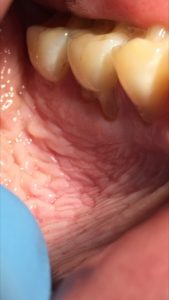
Smokeless tobacco is just as bad as smoking cigarettes. Smokeless tobacco is disgusting, causes gum disease, and tooth decay, and is a waste of money. Smokeless tobacco users have an 80% higher risk of oral cancer and a 60% higher risk of pancreatic and esophageal cancer. If you use both tobacco and alcohol your cancer risk is 100% greater than non-users. Smokeless tobacco products increase the risk of heart attack and stroke. It even says so on the label. Please quit!
Dr. Philip A. Gentry, DDS
